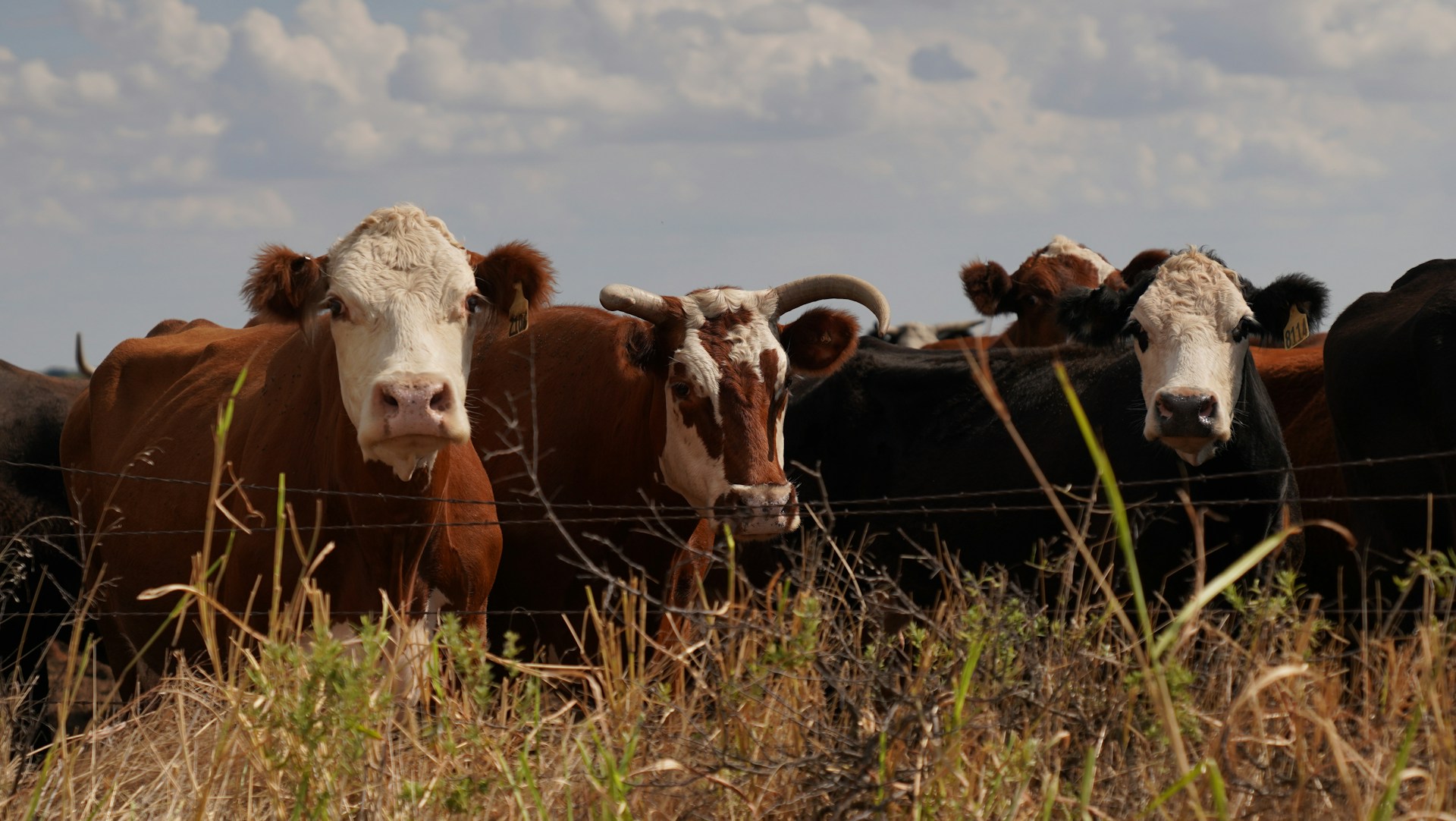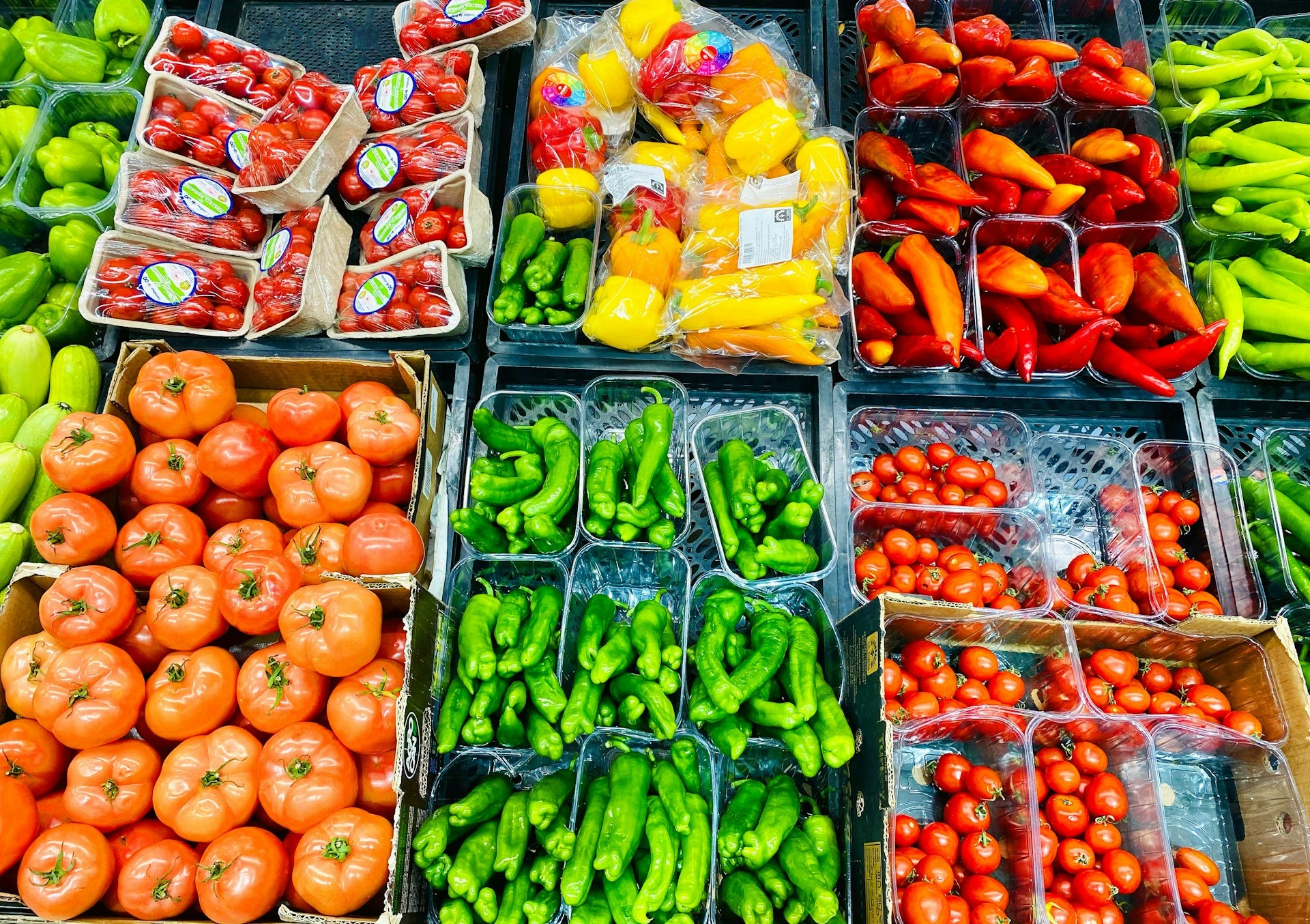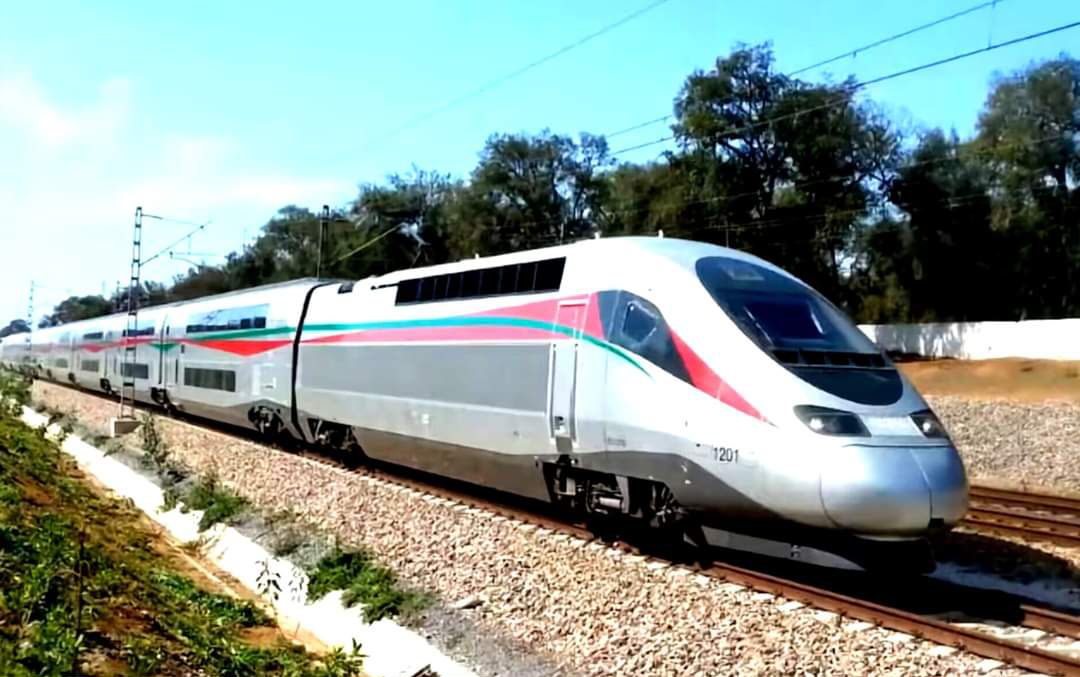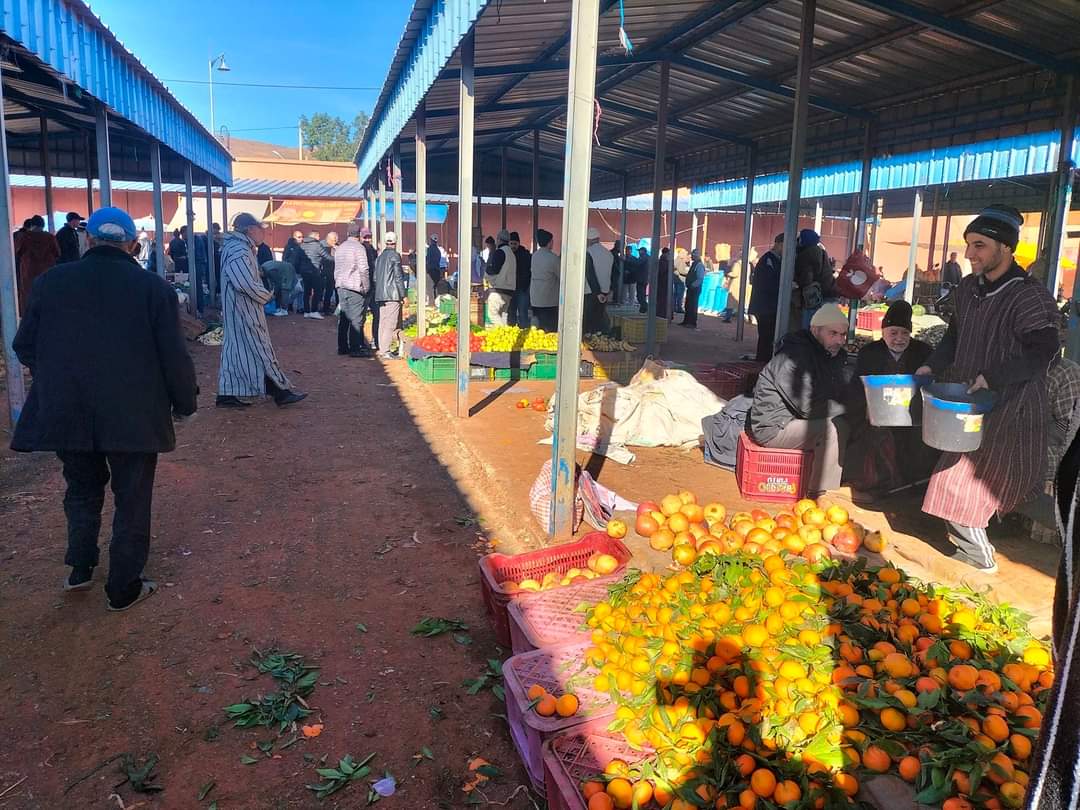Casablanca – Spain’s recent decision to temporarily suspend live cattle exports to Morocco and several other countries has drawn attention across agricultural and trade sectors. The move, prompted by the detection of contagious nodular dermatitis in parts of Spain, represents a precautionary health measure aimed at preventing the spread of the disease rather than a disruption in trade relations. Despite initial concerns, the suspension is not expected to cause significant instability in Morocco’s red meat market, where supply remains adequate and prices largely stable.
A preventive health measure
The Spanish Ministry of Agriculture confirmed that the suspension follows the identification of a limited number of contagious nodular dermatitis outbreaks in the northeastern region of Catalonia. The viral disease affects only cattle and poses no risk to humans. It is transmitted primarily through biting insects such as mosquitoes, flies, and ticks rather than through direct contact or meat consumption.
Symptoms in infected animals include skin nodules, ulcers, fever, and reduced milk production. While harmless to human health, the disease can result in economic losses for farmers due to lower productivity and the costs associated with containment measures.
Spanish authorities clarified that the decision to halt exports of live cattle — but not red meat or related products — is purely temporary and preventive. It aligns with European health protocols requiring the containment of viral animal diseases through export restrictions and veterinary surveillance.
Morocco strengthens border controls
The National Office for Food Safety (ONSSA) in Morocco confirmed that the Spanish decision is being closely monitored. Moroccan authorities emphasized that no cases of the disease have been detected within the country and that strict veterinary inspection systems are in place at all points of entry.
ONSSA also announced the launch of a preventive vaccination campaign to protect local herds and ensure the continued safety of the national livestock population. The agency reassured consumers that frozen and chilled beef imports are unaffected, as the restrictions apply only to live animals.
According to ONSSA sources, the Spanish measure “is a standard response aimed at controlling animal health risks and ensuring that the disease does not cross borders.” The office added that Morocco’s diversified import network limits its exposure to disruptions from any single source.
Limited dependence on Spanish cattle
Spain has been a regular supplier of slaughter cattle to Morocco due to its geographical proximity and favorable logistics. However, the country’s dependence on Spanish imports has declined sharply over the past year. Industry observers note that Moroccan importers increasingly rely on Brazil and Uruguay, where export volumes and competitive prices have made Latin America a key partner for Morocco’s meat and cattle imports.
Between August and December 2025, Morocco is expected to import between 100,000 and 150,000 calves from Brazil, along with additional shipments from Uruguay. These volumes are sufficient to maintain market stability and prevent shortages.
Stable prices and supply
Recent wholesale market data confirm that red meat prices remain stable in major Moroccan cities, particularly Casablanca. Brazilian beef currently sells for around $7.00–$7.73 per kilo, Uruguayan beef ranges between $7.73–$8.25, while local and Spanish beef prices hover around $9.28–$9.48.
Price levels have remained steady compared to previous weeks, with no signs of pressure on supply or expectations of short-term increases. Wholesale data from Casa Prestacion show consistent pricing trends throughout September and early October 2025, suggesting that Morocco’s market dynamics remain resilient.
Professional confidence and outlook
Stakeholders in the livestock and meat import sectors remain confident that the Spanish suspension will not disrupt market balance. They point out that imports of Spanish cattle had already fallen significantly in recent months due to higher European prices and growing domestic demand within Spain. Moroccan importers had therefore shifted toward South American suppliers even before the current suspension took effect.
The temporary measure is expected to last only a few weeks, depending on the progress of Spain’s containment efforts. Spanish veterinary authorities have reinforced monitoring systems and implemented biosecurity measures to control the disease. Meanwhile, Moroccan importers continue to receive regular shipments through the Port of Casablanca, with several vessels scheduled to arrive before the end of the year, ensuring a continuous flow of livestock.
A well-contained situation
Both Spanish and Moroccan authorities stress that the current situation remains under control. The Spanish government described the suspension as “a preventive step consistent with European health regulations,” while Moroccan officials reiterated that national food security and livestock safety are not at risk.
At the broader European level, 68 outbreaks have been reported in Italy and 79 in France since June 2025, indicating a limited but contained spread of the disease across the continent.
In summary, Spain’s temporary suspension of live cattle exports is a technical and precautionary measure, not a trade crisis. Thanks to Morocco’s diversified import strategy, preventive health measures, and stable market dynamics, the impact on consumers and producers remains minimal. The episode highlights the strength of Morocco’s food security systems and its capacity to adapt to external shocks while maintaining stability in one of its key agricultural sectors.
















